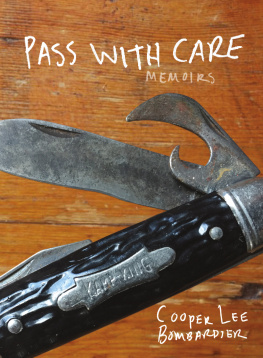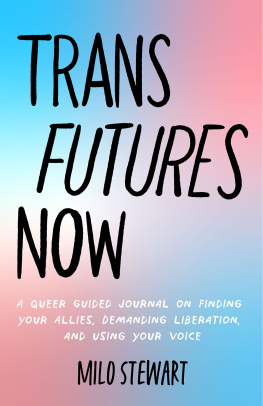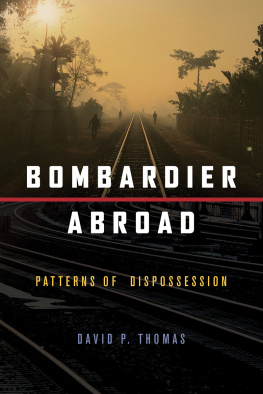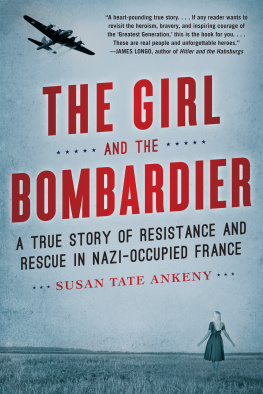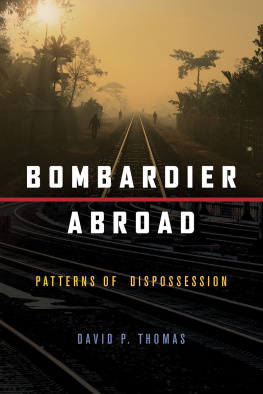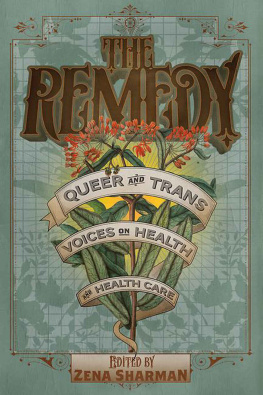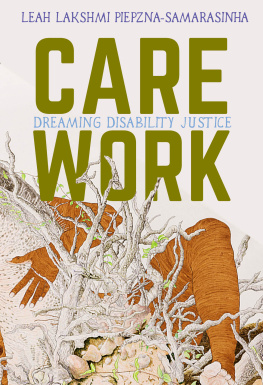
PRAISE FOR COOPER LEE BOMBARDIERSPASS WITH CARE: MEMOIRS
Cooper is deep, he searches, he travels, relates through different forms, different voices, an emotional gravitas as the only constant. Pass with Care is moving in both senses of the word.
SARAH SCHULMAN, author of Maggie Terry, The Cosmopolitans, Conflict Is Not Abuse, and others
Pass with Care is a memoir of becoming from working-class kidhood to 90s dyke utopia to life of letters, I cheered this hero on at every turn.
MELISSA FEBOS, author of Whip Smart and Abandon Me
Cooper Lee Bombardiers tender and fierce writing brings class and gender, art and life together with big heart and tough intelligence. [I] am so excited to watch Pass with Care enter our crucial contemporary canon.
MICHELLE TEA, author of Astro Baby, Against Memoir, Black Wave, and others
Pass with Care is an insightful trans memoir. Its also a brilliant book about ambivalence, class in America, self-acceptance, discovery.
CHRIS KRAUS, author of Summer of Hate and After Kathy Acker
Pass with Care pairs heart-in-hand vulnerability with the split-knuckle candor of venerated queer voices like Dorothy Allison and Saeed Jones gritty as a classic honkytonk song, and as unforgettable, too.
LILY BURANA, author of Grace for Amateurs: Field Notes on a Journey Back to Faith, I Love a Man in Uniform, and Strip City
Each sentence is a story Bombardiers moxie, grace, kindness, and ferocity as a writer and thinker are unmatched and lasting.
SOPHIA SHALMIYEV, author of Mother Winter
Whether examining the loneliness of men, the fierceness of the dyke community in 1990s San Francisco, or the intricacies of his own gender transition, Bombardier leads with curiosity and vulnerability A much-needed, wonderful collection.
CARTER SICKELS, author of The Prettiest Star
A major addition to the body of trans literature. But it is, more importantly, a brilliant book about the construction of identity a pure delight.
STEVE ALMOND, author of Bad Stories and Candyfreak
Funny, honest, and soulful.
TOM BISSELL, author of Apostle and co-author of The Disaster Artist
Much more than a memoir breathtaking in its beauty.
JONATHAN D. KATZ, curator of Hide/Seek: Difference and Desire in American Portraiture at the Smithsonian National Portrait Gallery, the first major museum queer exhibition in the U.S.
Published in 2020 by Dottir Press
33 Fifth Avenue
New York, NY 10003
Visit www.dottirpress.com
Copyright 2020 by Cooper Lee Bombardier
All rights reserved.
No part of this book may be reproduced, used, or stored in any information retrieval system or transmitted in any form or by any means, electronic, mechanical, photocopying, recording, or otherwise, without prior written permission from Dottir Press, except in the case of brief quotations embodied in critical articles and reviews.
First printing May 2020
Design and production by Drew Stevens
Trade Distribution through Consortium Book Sales and Distribution, www.cbsd.com.
Library of Congress Cataloging-in-Publication Data is available for this title.
ISBN 978-1-948340-21-2 (Paperback Edition)
ISBN 978-1-948340-48-9 (Hardcover Edition)
CONTENTS
BY SUSAN STRYKER
BY MORGAN M PAGE
This book is dedicated to Kris Kovick. It all would have been so much better with you here.
FOREWORD BY SUSAN STRYKER
See Beams Glitter
Ive seen things you people wouldnt believe.
In one of the works collected in this gentle, fierce, and highly readable anthology of autobiographical writings, Cooper Lee Bombardier riffs on that famous line by Rutger Hauer as the android Roy Batty in Ridley Scotts dystopian sci-fi classic Blade Runnera perennial touchstone for the trans perception of being uncannily different from our human cis-kin. As Battys allotted span of life ebbs away, he yearns to convey what it means to have seen attack ships on fire off the shoulder of Orion, and to have watched C-beams glitter in the dark near the Tannhuser Gate. All those moments will be lost in time, he says, like tears in rain, when he dies. And then he dies.
Unlike the fictional Batty, the flesh-and-blood Bombardier has never been off-world, and the unbelievable things he says hes seen are largely composed of small wonders, fleeting joys, and fragments of human behavior filtered through the lens of being seen as entirely one gender and then another. In the constellations of gender Ive traversed, Ive seen things that people who presume gender as fixed, innate, and unmoving would never conceive of as possible. Rather than evoking the grand pathos of dying, his words point us toward the humble grace to be found in the persistence of living. For now. Just for now.
I shared a gender constellation with Cooper a quarter-century ago in San Francisco. Those might not have been C-beams glittering in the darkness of dykey dive bars along a pre-gentrified Valencia Street, but something fabulous sure lit up the night down there, back then. Bombardier was one of the bright spots, in my opinion, pretty much from the moment he hit town in 1993. Id see him hanging out at Red Doras Bearded Lady Caf, in the audience for a Harry Dodge and the Dodge Brothers set at Club Confidential, and interning at Black and Blue Tattoo, where I had some of my own inkwork done. I watched him perform his debut spoken-word piece Lips like Elvis for the TransCentral performance series at The Lab, an experimental art incubator in the Mission in 1997, and I remember thinking that this new crop of trans and genderqueer kids was gonna be all right.
Nostalgia is an easy trap to trip on. Whenever I think about Trans SanFrisco in the queer 90s, I constantly ask myself whether it could really have been as cool as I remember it feeling when I was living it. And I keep coming to the conclusion that yeah, I think it really was. Id spent my teens and twenties mournful that Id missed out on the psychedelic 60s, and was still a little too young and definitely too far away from New Yorks Downtown East Side to have been part of the punk scene in its heyday. For those of us who had genders that were not made for the world we grew up in, being in San Francisco in the early 90s felt like stepping through a rip in the fabric of space-time into some new dimension of possibility. And we had torn it open ourselves. For the first time in my life, it felt like I was where something was happening. That I was part of it. That we were alive, becoming free, re/making a world by how we moved through it.
I read Coopers words in the pages of this book and take comfort in knowing that I am not alone in my sense of the consequence of that time and place. Trans SanFrisco in the 90s was a thing. Its history has yet to be written, but the essays in this book are a great place to start. They document something that was not always pretty. It was before the retroviral cocktails made HIV infection something other than a near-term death sentence; friends and lovers left those of us who survived far too soon. For the first time since Vietnam, we were in a hot war, and clearly saw the connections between the overseas violence of the American Empire and that same Empires domestic violence towards us as queer and trans people, who were still explicitly criminalized and excluded from large swaths of life. When the Cold War ended with the collapse of the Soviet Union, an unfettered global capitalismembodied in the tech boomexulted in a newfound fantasy of limitlessness that started lifting real estate prices in San Francisco toward the stratosphere; it brought the increasing unlivability of the New World Order home intimately, one increasingly insufficient paycheck at a time. People had to leave. Cooper did.
Next page
